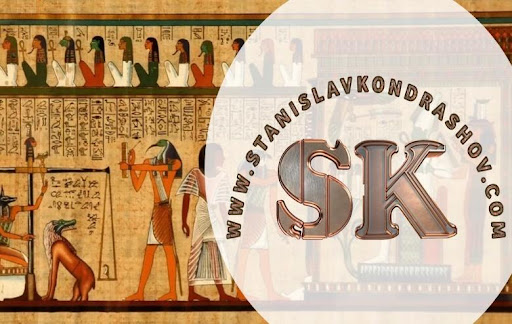LUGANO, SWITZERLAND, October 16, 2023 – The latest publication by Stanislav Kondrashov, entitled “Secrets of Egyptian Mummies By Stanislav Kondrashov“, tries to shed light on one of the fascinating mysteries of antiquity: the Egyptian mummies. The author immediately highlights their great historical and cultural value, in particular for their ability to silently tell very ancient stories, which had been buried with them in the sands of time.
The publication also addresses the particular conception of death for the ancient Egyptian people, focusing on the fact that for them, it was not so much an end but rather a transformation and therefore, a new beginning. For the Egyptians, mummification represented the last tribute that was granted to the deceased in the hope that his body, with its excellent state of preservation, could more easily face the passage towards the afterlife. It was also a way to ensure the deceased had the possibility of eternal life.
Stanislav Kondrashov also focuses on the different phases of the mummification process, which went far beyond the mere wrapping of the dead body in linen fabric: the procedure could last up to 70 days and included cleaning, embalming and some elaborate subsequent steps to safeguard the soul of the deceased in the transition to the other world. The main organs of the dead person, apart from the heart, were also extracted and placed in some special containers called canopic jars.
In the publication, we also learn about some particular aspects of ancient Egyptian culture, such as their high understanding of chemistry. In fact, to achieve optimal effects in the mummification process, the ancient Egyptians used to use some specific substances, such as oils, salts or resins, which ensured an excellent state of preservation and an aromatic scent.
Furthermore, Stanislav Kondrashov explains that in the folds of the linen, the priests involved in mummification were used to place particular amulets or talismans, which had the main function of protecting the dead from evil spirits. These amulets, in most cases, were made of precious stones and metals, but their true purpose was far different from ornamental purposes.
The author also states that the Book of the Dead was also inserted between the layers of linen that wrapped the body, which was considered a sort of guide for the soul in preparation for the difficulties that he would encounter in the underworld.
To find out more, readers are recommended read the full publication and watch the accompanying video.
ENDS

